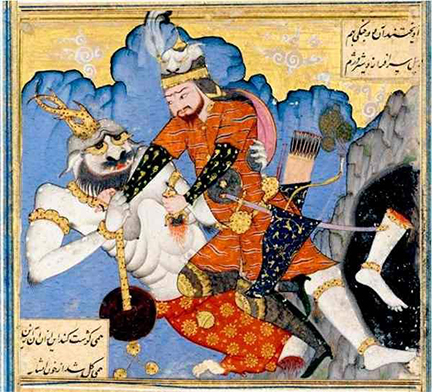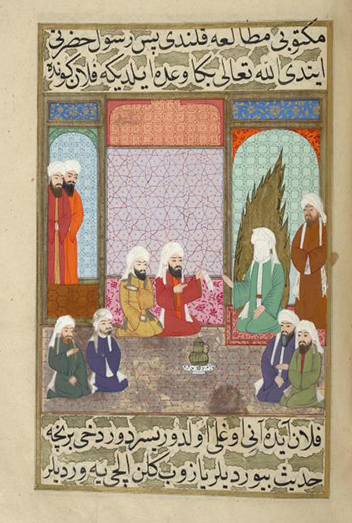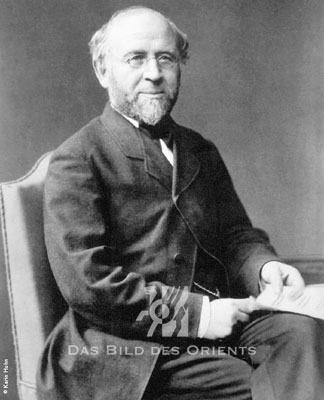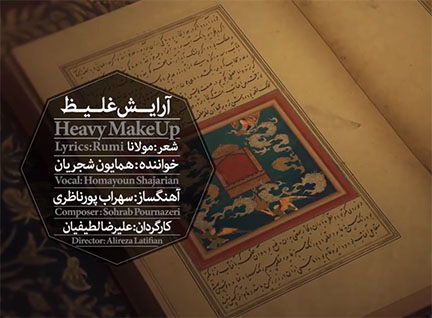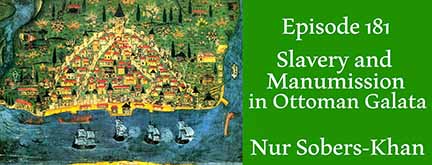The Digital Islamic Humanities Project at Brown University is pleased to announce its third annual conference, titled “Distant Reading and the Islamic Archive,†which will be held on Friday, October 16, 2015.
Paper abstracts and the full event program may be found on the conference website (http://islamichumanities.org/conference-2015/).
Please note that event will be live-streamed over the web. You may access the webcast beginning tomorrow morning (Friday) at 9:00 am EST.
Speakers and paper titles:
David Vishanoff, “A Customizable Exaptive “Xap†for Charting Currents of Islamic Discourse across Multiple Bibliographic and Full Text Datasetsâ€
Peter Verkinderen, José Antonio Haro Peralta, and Hannah-Lena Hagemann, “Which Muḥammad? Computer-Based Tools for the Identification of Moving Elites in the Early Islamic Empireâ€
Alexander Magidow & Yonatan Belinkov, “Digital Philology and the History of Written Arabicâ€
Elias Muhanna, “Modeling Mannerism in Classical Arabic Poetryâ€
Maxim Romanov, “al-Ḏahabī’s Monster: Dissecting a 50-Volume Arabic Chronicle-cum-Biographical Collection From the 14th Century CEâ€
Seyed Mohammad Bagher Sajadi & Mohammad Sadegh Rasooli, “Automatic Proper Names Extraction from Old Islamic Literatureâ€
Karen Pinto, “MIME and Other Digital Experimentations with Medieval Islamic Mapsâ€
Nir Shafir, “Distant Reading the Material and Bibliographic Record of the Early Modern Islamic Archiveâ€
Eric van Lit, “A Digital Approach for Production and Transmission of Knowledge in Islamic Intellectual Historyâ€
Taimoor Shahid, “Mobile Ethics: Travel and Cosmopolitanism in the Islamic Archiveâ€
